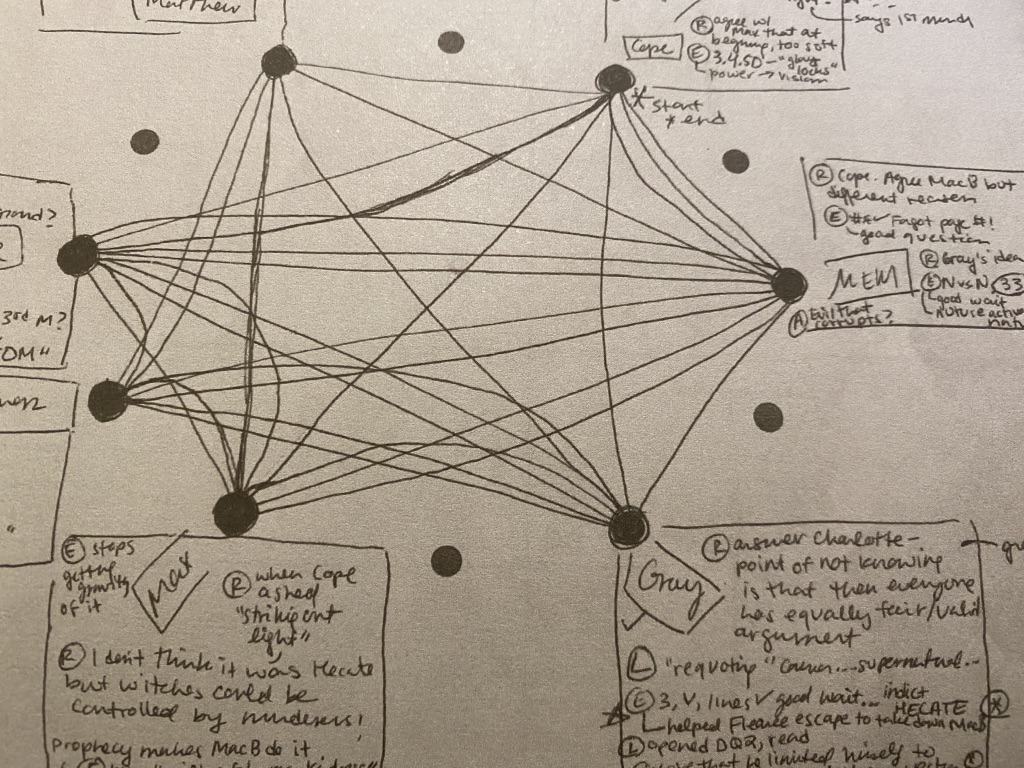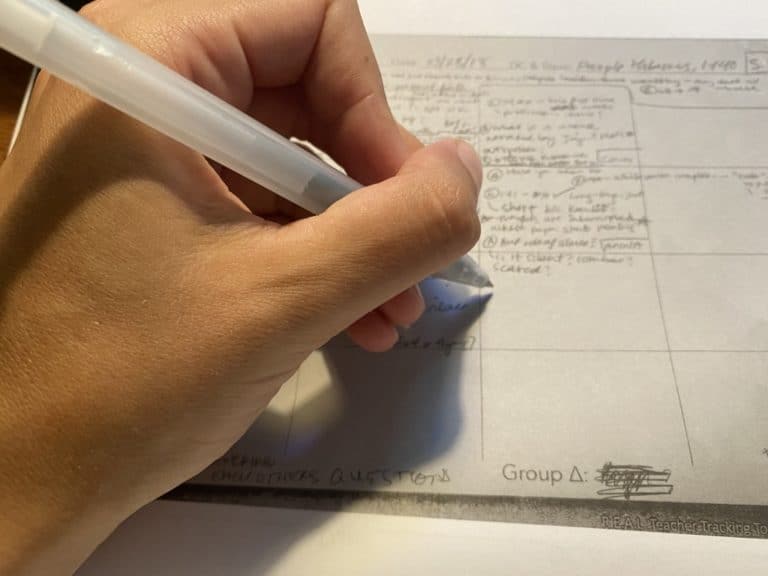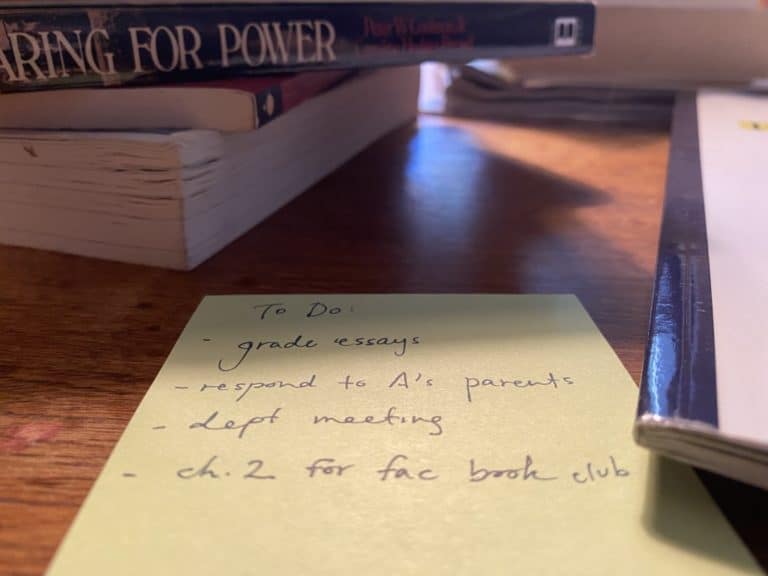Best Investments for the Future of Online Learning
Footnotes posts summarize the newest research related to student-led discussion. Think of it as teacher-approved SparkNotes (with better citations) for papers published by top schools of education, research-based websites, and think tanks.
Deneise Cox and Sarah Prestridge, “Understanding fully online teaching in vocational education.” Cox and Prestridge’s study, published in the July issue of Research and Practice in Technology Enhanced Learning, follows dozens of teachers who have taught fully online vocational classes in Australia for years. The multilayered statistical analysis factors in teachers’ backgrounds, surveys their use of several clearly-defined student-centered teaching techniques, and assesses teachers’ own beliefs of the efficacy of their own teaching. Because vocational education is often considered to be fundamentally teacher-centered, Cox and Prestridge say, their findings that most teachers skewed toward student-centered practices can be surprising. Most interesting, to us, are their findings a) that teachers who have themselves taken at least one course online are more likely than others to implement student-centered techniques in their courses, and b) that teachers with student-centered conceptions of what teaching means are more likely to express desire to build student-centered practices in their classrooms. Ultimately, Cox and Prestridge show that experienced online teachers both strive to use student-centered techniques and feel that, if anything, they want their instruction to center around student interaction more than it already does. The implications outside of the field of vocational education suggest that investing primarily in modes of technological and pedagogical innovation that enable and enhance student-centered activity will benefit more classrooms in the short- and long-term.





